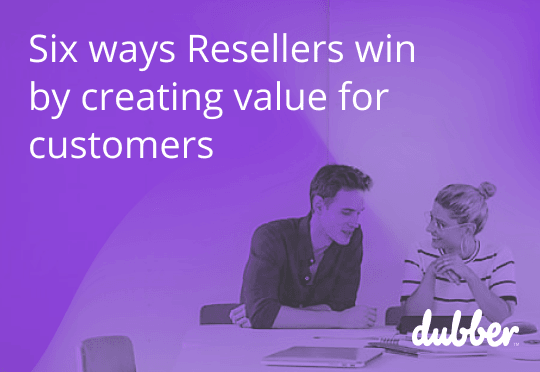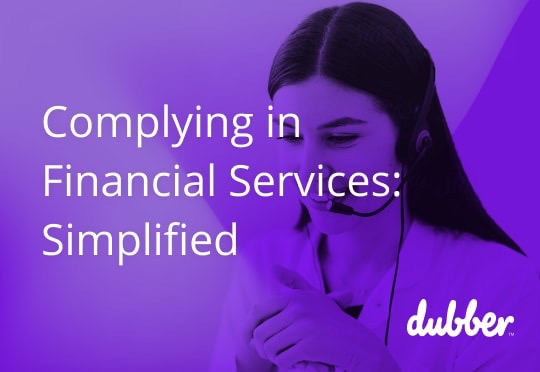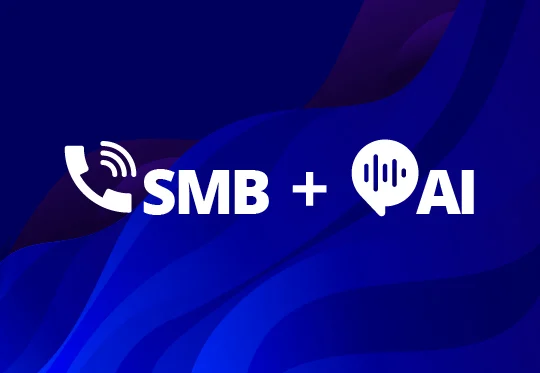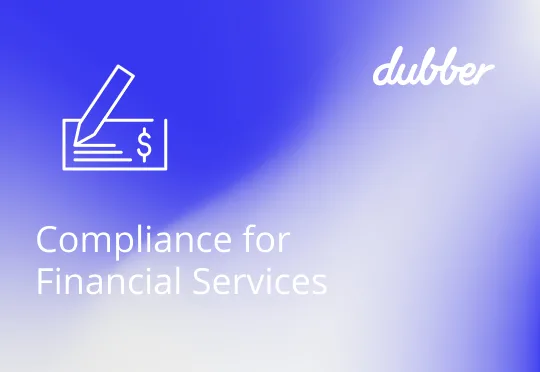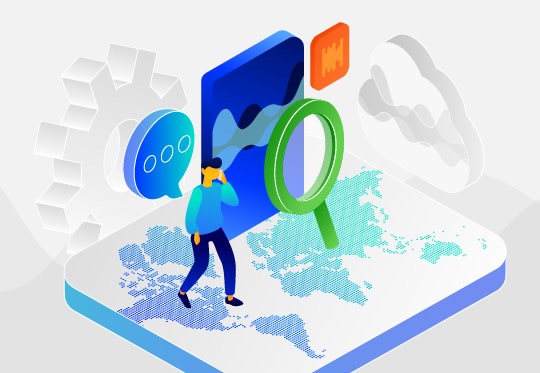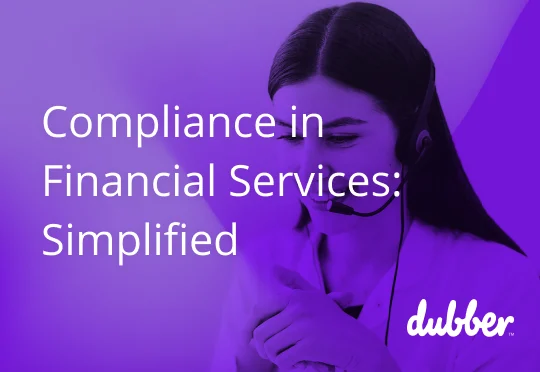
Accurate records of voice conversations – and their related data – are crucial to fuelling financial services compliance. Best practice extends beyond direct regulatory mandates to how data is stored and captured.
Current call recording solutions on applications and devices fail to address the full spectrum of compliance requirements faced by financial services organisations. Their approach to data retention and security increases risks rather than meeting the challenges set out by regulators.
The solution is Unified Call Recording which takes place inside service provider networks and popular solutions such as WebEx Calling and Microsoft Teams. And, as a bonus, enterprises can eliminate the costs of legacy platforms.
Risk and compliance managers who want to take a more proactive approach to meeting regulations and engendering trust in their customers will be looking for more than basic record keeping solutions. Providers need to be offering AI, transcription, real-time search, automated alerts and APIs as standard. Here are six critical features that should be considered in any compliant call recording solution.
Six critical features every financial services organisation should look for
Retention periods
Regulations such as the GDPR state that organisations must not keep data for longer than is necessary for the purpose the data was obtained for. It is best practice to not keep personal data for longer than is necessary and businesses need to be able to justify how long they store personal data. Financial services institutions require the ability to set retention periods in order to define the length of time that recorded calls are stored for, and to automate their deletion once this time period has been reached.
Unlimited secure storage
Is your data being stored with market-leading AES-256 encryption? Industry leading security practices are crucial. Most legacy call recording solutions require on premise storage at an incremental cost to the service and the more you store, the more it costs. By using Universal Call Recording and storing data in a Voice Intelligence Cloud, enterprises benefit from infinite storage at no additional cost – all provisioned with a click. And, by deploying the platform across dedicated regional data centres with geographic redundancy, organisations can be assured of data sovereignty.
Access permissions
In order to protect data, financial institutions need to ensure that they can restrict access to personal information such as recorded calls, depending on the role the user has been allocated. Depending on the information security policy of the firm, not every user whose calls are recorded should have access to them, or may only be allowed to listen to their calls and nobody else’s. Administrator permissions should be available so that supervisors and management with appropriate authority can access recordings.
Instant retrieval
Audit and compliance investigations require real-time access to data. Legacy call recording platforms depend on SQL searches often taking many minutes to render results. Instead, require that your Voice Intelligence Cloud provides immediate and secure access to all recordings – with search delivering results in real-time. Users should be able to search for calls using data including the date, time, and call participants. By choosing a solution with added voice AI, recorded calls can even be retrieved by searching for words spoken during a conversation. All recordings should be available for instant retrieval, playback, and secure download, with appropriate permission settings.
Call metadata
Compliance with financial services regulations relies on transparency, so call recording solutions should include call metadata alongside each conversation for a detailed record of customer interactions. This provides full transparency in the case of a request for information from a regulator. Ensure your solution provides rich call metadata – including timestamps on conversations – to allow for quick and easy search and retrieval of information. This gives firms the upper hand in compliance and risk management. Voice AI that can detect keywords and send tailored alerts to management makes it quicker and easier to detect and deter suspicious trading activities to prevent penalties from regulators.
Legal hold
Legal hold is an important feature that allows users to tag single or multiple recordings as held. These recordings can be played, downloaded, and shared as any other recording; but cannot be deleted under any circumstances. Held recordings remain even after their retention period expires, if the user associated with that recording is deleted, or if the storage period expires. This ensures that recordings required for legal reasons will always remain available for review.
